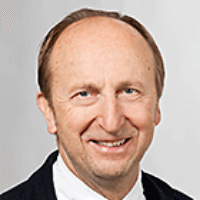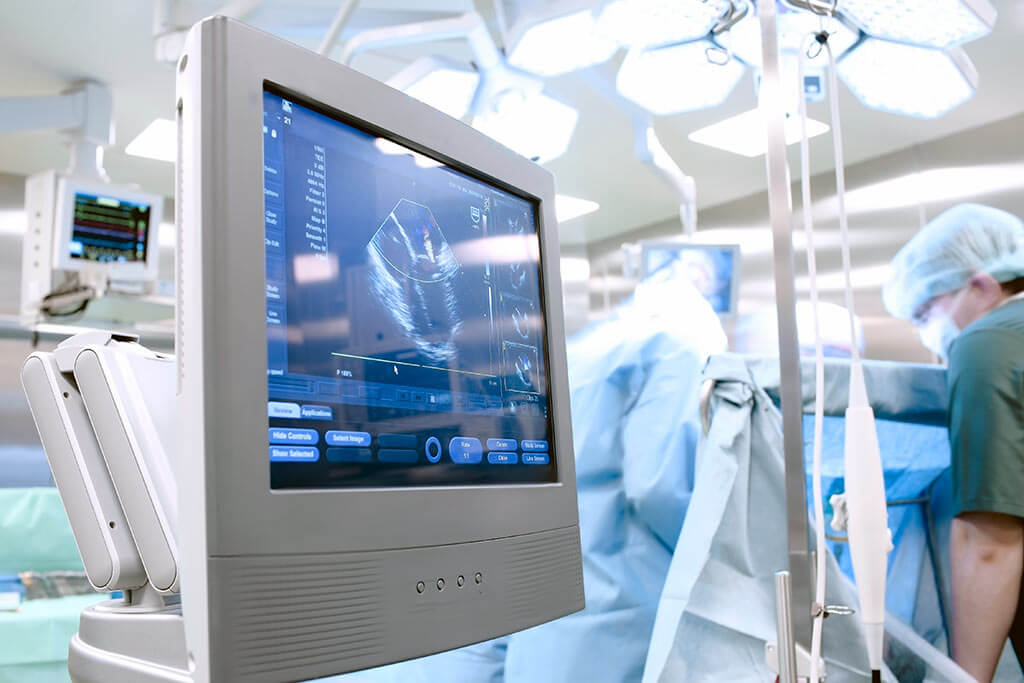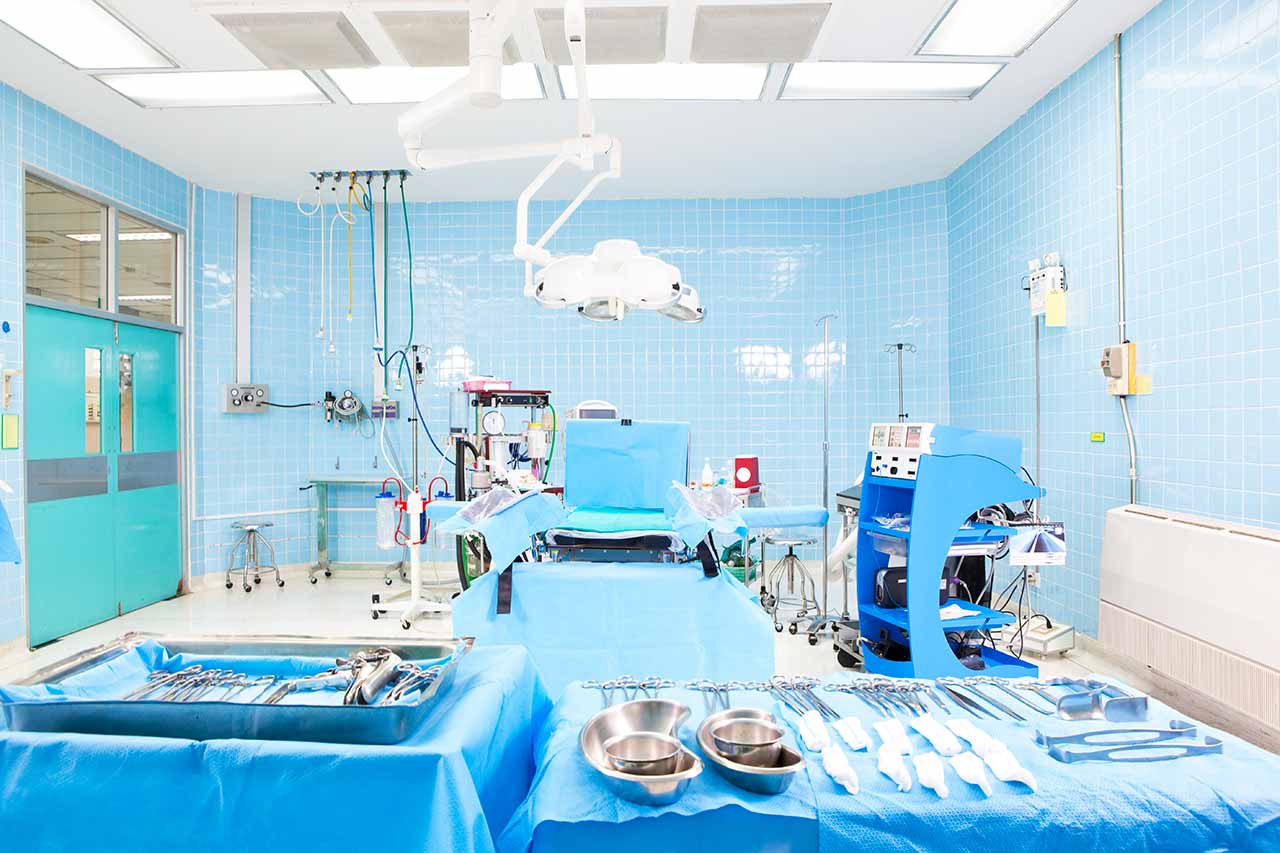
About the Department of Pediatric and Adolescent Medicine at Hospital Harlaching Munich
The Department of Pediatric and Adolescent Medicine at the Hospital Harlaching Munich provides comprehensive treatment for a wide range of diseases in children and adolescents. The priority focuses of pediatricians' work include the treatment of cardiovascular diseases, allergies, lung diseases, diabetes mellitus, neurological disorders, infectious diseases and other pathologies. The department's medical team also specializes in the treatment of rare diseases in children. The Level I Perinatal Center provides high quality medical care for premature babies and babies with congenital malformations or diseases. The specialists of the Perinatal Center provide their services to over 3,800 newborn babies every year. The department has advanced infrastructure and all the necessary technical resources to provide high quality medical care to young patients. Special attention should be given to the exceptional experience and professionalism of the medical team. The specialists try to make the stay of young patients in the hospital as comfortable and as pleasant as possible. The doctors devote enough time to communication with children and their parents, since a child's illness is always associated with stress for the whole family. The Chief Physician of the department is Prof. Dr. med. Stefan Burdach.
To provide effective treatment, the doctors need to comprehensively examine the child and make an accurate diagnosis. Thus, the decisive factor in the treatment success is accurate diagnostics, for which the department has at its disposal advanced medical equipment. The diagnostic options of the medical facility include laboratory tests (prick tests, radioallergosorbent tests, provocative tests for the detection of allergies, microbiological tests, genetic tests, blood tests) and imaging tests (X-ray, ultrasound, CT and MRI scans). If the doctors suspect diseases of the nervous system in children, they will conduct electroencephalography, while electrocardiography and echocardiography are used to examine young children with suspected cardiac pathologies. After studying the diagnostic results, the department's pediatricians begin to develop an individual treatment regimen. The specialists always take into account the age of the child, since the treatment should not interfere with the process of his growth and development.
The department's medical team very often deals with the diagnosis and treatment of children with such allergies as food intolerances, bee and wasp venom allergies, allergic rhinitis, neurodermatitis, acute and chronic urticaria, etc. The treatment for allergic reactions is quite varied. In case of food intolerance, parents need to make sure that the child does not eat foods, which provoke an allergic reaction. If the allergy is more severe and even becomes the cause of the development of anaphylaxis, then the child is indicated allergen-specific immunotherapy (hyposensitization), which helps to weaken the allergy attacks or even get rid of them completely. In case of allergic rhinitis, drug therapy is often sufficient. If the child is diagnosed with urticaria, the doctors will have to detect the triggering factors and provide drug therapy.
The treatment of lung diseases is also an important focus of the department's clinical practice. Special attention is paid to the treatment of bronchial asthma, chronic obstructive pulmonary disease, chronic cough, as well as rare congenital and acquired lung diseases. During the examination of children with suspected bronchial asthma, which is one of the most common chronic diseases, the specialists carry out blood count, pulmonary function tests, X-ray scanning and other tests for the detection of factors, which provoke an asthma attack in a child. To control bronchial asthma, the child takes an individually selected set of drugs (usually these are aerosols). In addition, the department's doctors carry out special training sessions for children and their parents in order to provide them with maximum information about the disease and its features.
Pediatric neurology is also within the competence of the department's doctors. Of particular interest in this field is the treatment of epilepsy, multiple sclerosis and strokes in children. The confirmation of the diagnosis of epilepsy requires comprehensive diagnostics, which includes electroencephalography, sleep electroencephalography and magnetic resonance imaging (MRI). Epilepsy is an incurable disease, and therefore the task of doctors is to select the most effective drugs to control the pathology. The specialists often supplement drug therapy with a ketogenic diet, which can help reduce the frequency of epileptic seizures. Thanks to their rich clinical experience, the department's pediatricians successfully cope with even the most complex types of drug-resistant epilepsy. Multiple sclerosis is also an incurable disease, and therefore children with this diagnosis need constant drug intake to prevent the progression of the pathology. The children who are admitted to the department with suspected stroke undergo urgent diagnostics. Should the diagnosis be confirmed, the doctors will immediately take the necessary therapeutic measures.
Another important focus of the department's medical team is the treatment of diabetes mellitus in children. Type 1 diabetes mellitus usually develops before the age of 12., while type 2 diabetes mellitus affects obese adolescents or may occur due to genetic predisposition. The main treatment method for any type of diabetes mellitus is insulin therapy, which must be supplemented by diet and dosed physical activities. The department holds special training sessions both for children and their parents.The aim is to tell in detail about the features of the disease, possible complications, treatment methods and self-control. Whenever required, children and their parents also receive psychological support.
The department's service range is complemented by the diagnostics and treatment of congenital and acquired heart diseases in children. Many heart diseases can be diagnosed in the womb, at the stage of ultrasound screening during pregnancy. A child with a heart disease requires close medical supervision. In the first few days after birth, the newborn babies often undergo catheter-assisted interventions. The interventional procedures are carried out in the German Heart Center Munich.
The department specializes in the diagnostics and treatment of the following diseases in children:
- Congenital diseases and malformations in term-born and premature babies
- Allergic reactions
- Allergic rhinitis
- Food intolerance
- Insect venom allergy
- Neurodermatitis
- Acute and chronic urticaria
- Lung diseases
- Bronchial asthma
- Chronic obstructive pulmonary disease
- Chronic cough
- Rare congenital and acquired lung diseases
- Nervous system diseases
- Epilepsy
- Multiple sclerosis
- Stroke in children
- Congenital and acquired heart diseases
- Type 1 diabetes mellitus and type 2 diabetes mellitus (in adolescents with obesity and genetic predisposition)
- Infectious diseases
- Gastrointestinal infections
- Pneumonia
- Sepsis
- Meningitis
- Osteomyelitis
- Abscesses
- Other diseases in children and adolescents
The department's range of diagnostic and therapeutic options includes:
- Diagnostic services
- Laboratory testing
- Ultrasound scanning
- Magnetic resonance imaging (MRI)
- Computed tomography (CT)
- X-ray scanning
- Electroencephalography
- Electrocardiography
- Echocardiography
- Therapeutic services
- Drug therapy
- Allergen-specific immunotherapy (hyposensitization) for certain types of allergies
- Insulin therapy and ketogenic diet for diabetes mellitus
- Medical supervision for children with heart diseases (interventional catheter-assisted procedures are performed at the German Heart Center Munich)
- Intensive care
- Emergency care (for example, in case of stroke in children)
- Other medical services
Curriculum vitae
Professional Career
Prof. Dr. med. Stefan Burdach is the Head of the Department of Pediatric and Adolescent Medicine at the Hospital Harlaching Munich. He is also Professor in the Department of Pediatric and Adolescent Medicine at the Technical University of Munich.
From 1978 to 1983, Prof. Burdach underwent specialized training at the Children's Hospital in Cologne, as well as at the Dana-Farber Cancer Institute of the Harvard Medical School in Boston. During his professional clinical training, pediatric oncology was of particular interest to him. The Professor received a scholarship from the German Research Foundation (1984-1987) for the research project on hematopoietic stem cells at the Stanford University Medical Center. This was followed by work at the Fred Hutchinson Cancer Research Center in Seattle where Dr. Stefan Burdach was trained in stem cell transplantation by the Nobel Prize winner Donnall Thomas.
In 1987, Prof. Burdach went to Duesseldorf to open a Laboratory for Experimental Hematology and Stem Cell Transplantation with colleagues and to initiate a Stem Cell Transplantation Program. In general, the specialist worked in Duesseldorf from 1987 to 1997. His last position was Deputy Chief Physician of the Center.
In 1997, he was appointed Head of the Department of General Pediatrics at the Martin Luther University Halle-Wittenberg. With the support of the German Cancer Aid, Prof. Burdach founded a regional Cell and Gene Therapy Center. In 2003, he became the Professor in the Department of Pediatric and Adolescent Medicine at the Technical University of Munich.
Research Activities
For nearly 25 years, Prof. Stefan Burdach has consistently proven to be an outstanding researcher. He made a major contribution to the treatment of cancer in children, in particular to stem cell therapy, immunotherapy and selective molecular therapy for tumors. Prof. Burdach is a prominent member of translational research and a role model for young scientists.
Clinical Interests
Prof. Stefan Burdach is mainly specialized in pediatric oncology and hematology – treatment of congenital blood diseases, leukemias and malignant tumors.
Awards and Honors
For his outstanding research activities, Prof. Burdach received numerous prestigious awards and honors, including the Hill Memorial Award from Stanford University, the Heynen Prize from Heinrich Heine University Duesseldorf, and the Kind Philipp Prize of the German Society for Pediatric Oncology and Hematology (GPOH).
Photo of the doctor: (c) München Klinik Harlaching




